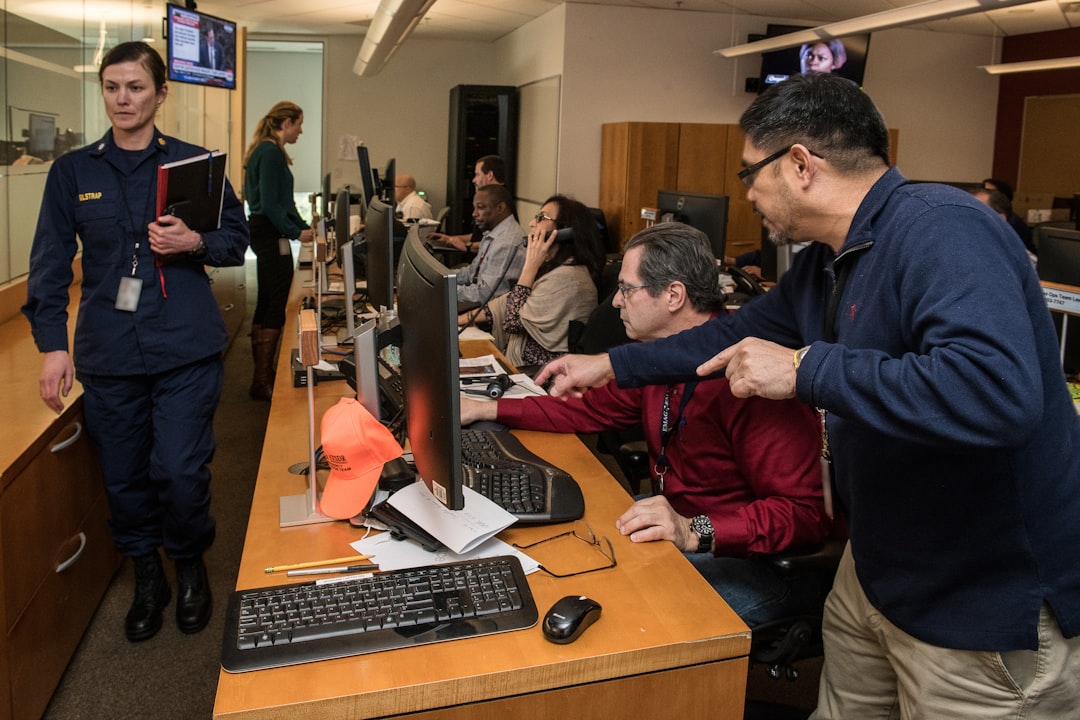
When colder weather sets in, having a properly functioning furnace becomes crucial. When a furnace breaks down, repair costs can be a concern, and understanding the factors that influence these expenses is crucial. A well-maintained furnace not only keeps your home comfortable but also operates more efficiently and safely. Knowing what furnace repair might cost helps you make wise decisions and budget for future repairs. Here’s the link to learn more about the awesome product now!
What Affects Furnace Repair Costs?
Several key factors determine the cost of furnace repairs. Costs are greatly influenced by the issue’s type and complexity. Small repairs, such as changing filters or thermostats, are usually more affordable than bigger fixes like blower motor replacements or heat exchanger repairs. More complex repairs typically require more labor and specialized parts, which increases the overall expense. Here’s the link to read more about this now!
Additionally, the age of your furnace plays a role in repair costs. Older units often need more frequent and extensive repairs due to wear and tear. Parts for older units may be pricier and harder to obtain than those for newer models, adding to your repair costs.
Common Furnace Repair Services and Their Costs
Being aware of typical furnace repair costs can help you anticipate expenses. Below are some of the most common furnace repairs and their usual costs. This website has all you need to learn more about this company.
Thermostat Repair or Replacement: The thermostat manages the temperature settings in your house. When it malfunctions, it can lead to uneven heating or a furnace that won’t turn on at all. Thermostat repairs or replacements are among the more affordable fixes, typically costing between $100 and $300.
Ignitor Replacement: Newer furnaces rely on an ignitor to initiate heating. When the ignitor fails, the furnace won’t produce warmth. Ignitor replacements are fairly common and typically range between $150 and $300. You can read more on the subject here!
Blower Motor Repair or Replacement: This component moves heated air through the ducts in your home. When it malfunctions, the furnace might still produce heat, but it won’t circulate efficiently. Blower motor repair costs range widely from $150 to $450. A complete replacement can cost $500 to $1,500, depending on the model.
Heat Exchanger Repair or Replacement: The heat exchanger is a crucial component of the furnace, as it separates combustion gases from the air circulating through your home. A damaged heat exchanger poses a safety risk and requires immediate attention. Such repairs can be expensive, ranging from $1,500 to $3,500. Click here to learn more about this service!
Additional Costs to Consider
Besides labor and parts, several other costs can impact your overall furnace repair bill. Emergency repair fees are common if you require immediate assistance outside of normal business hours, such as during weekends or holidays. This extra charge can add $100 to $300 to your total expenses.
Service call fees are also typically charged when a technician comes to your home to diagnose the problem. These fees, usually $50 to $150, are often additional to repair costs. However, some companies will waive the service call fee if you proceed with the recommended repair. View here for more info.
Reducing High Furnace Repair Costs
Regular maintenance is key to avoiding high furnace repair costs. Regularly replacing air filters can significantly prolong your furnace’s lifespan. Annual check-ups by a certified technician help catch minor issues early, avoiding larger costs. Click here to get even more info on the subject!
Tune-ups involve a technician’s inspection, cleaning, and addressing of wear and tear in essential furnace components. These preventive measures cost significantly less than repairs and improve the efficiency and safety of your furnace. Click here to learn more now!
Choosing Between Repairing or Replacing Your Furnace
High repair expenses may make furnace replacement a better option, particularly for units older than 15 years. Though a new furnace requires more upfront investment, it may save on maintenance and energy over time. You can read more about the subject here!
Most HVAC professionals recommend replacement if the repair cost exceeds 50% of the price of a new furnace. Upgrading to an efficient new model often pays off in energy savings over time. Click here to get even more info.
Final Thoughts
Awareness of furnace repair costs helps you make informed choices on whether to maintain, repair, or replace your unit. Being aware of potential expenses aids in budgeting and minimizes unexpected costs. Regular maintenance, timely repairs, and understanding when replacement is the better option all contribute to the longevity and efficiency of your furnace. See, this website has all the info you need to learn about this amazing product.